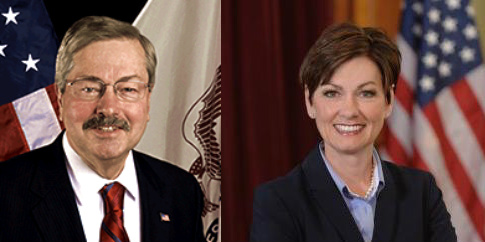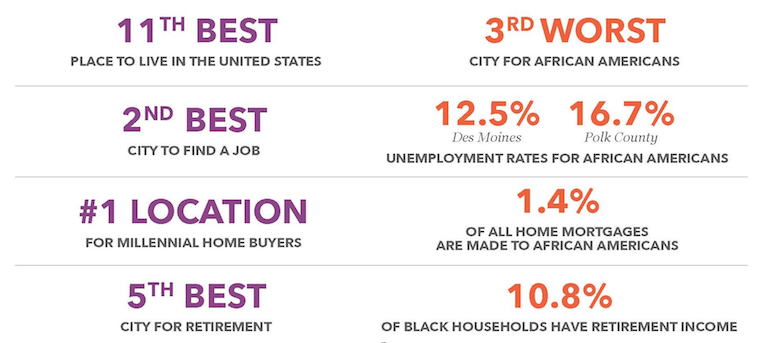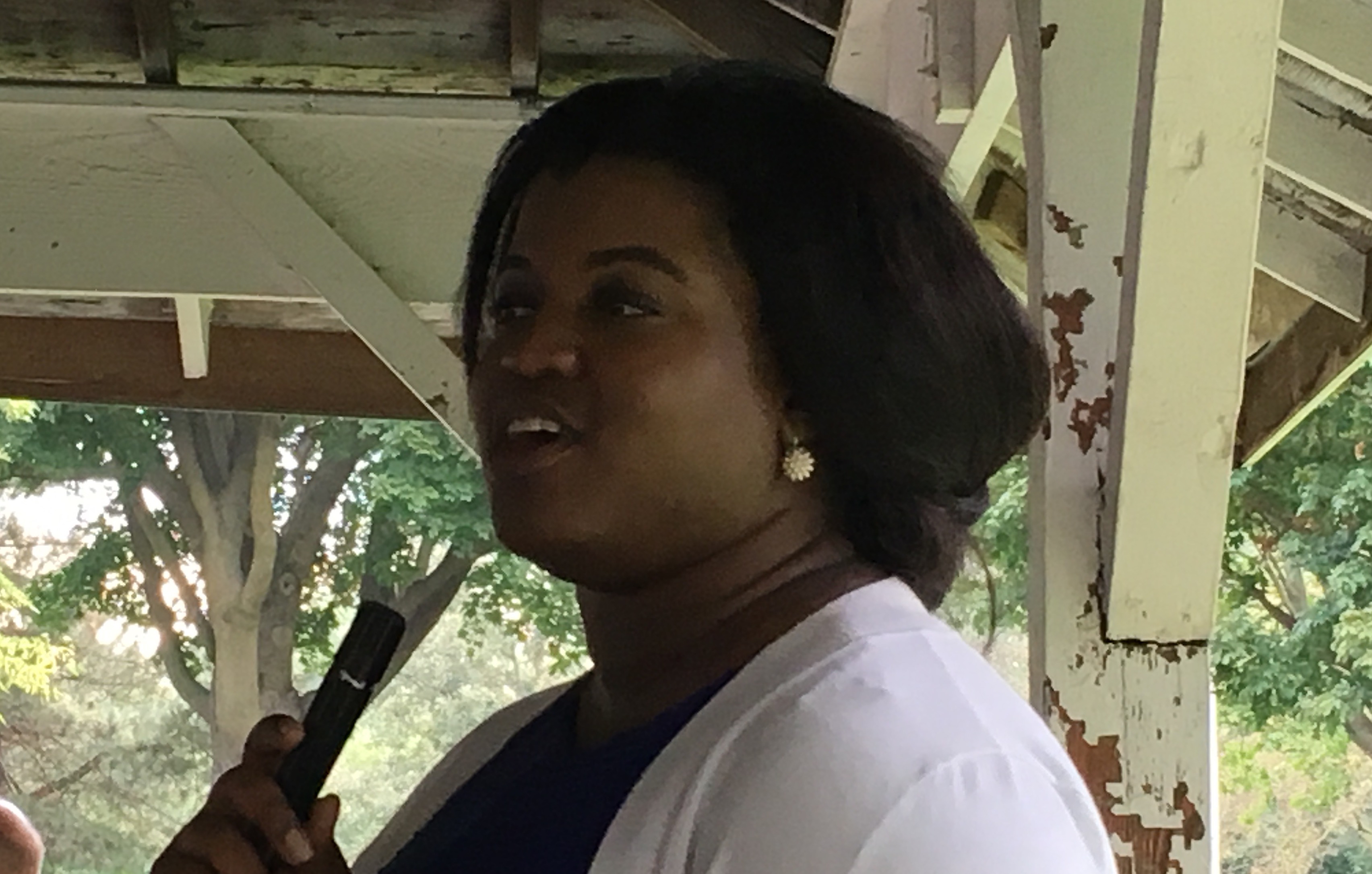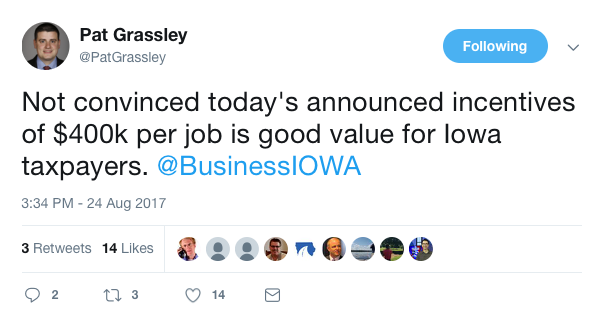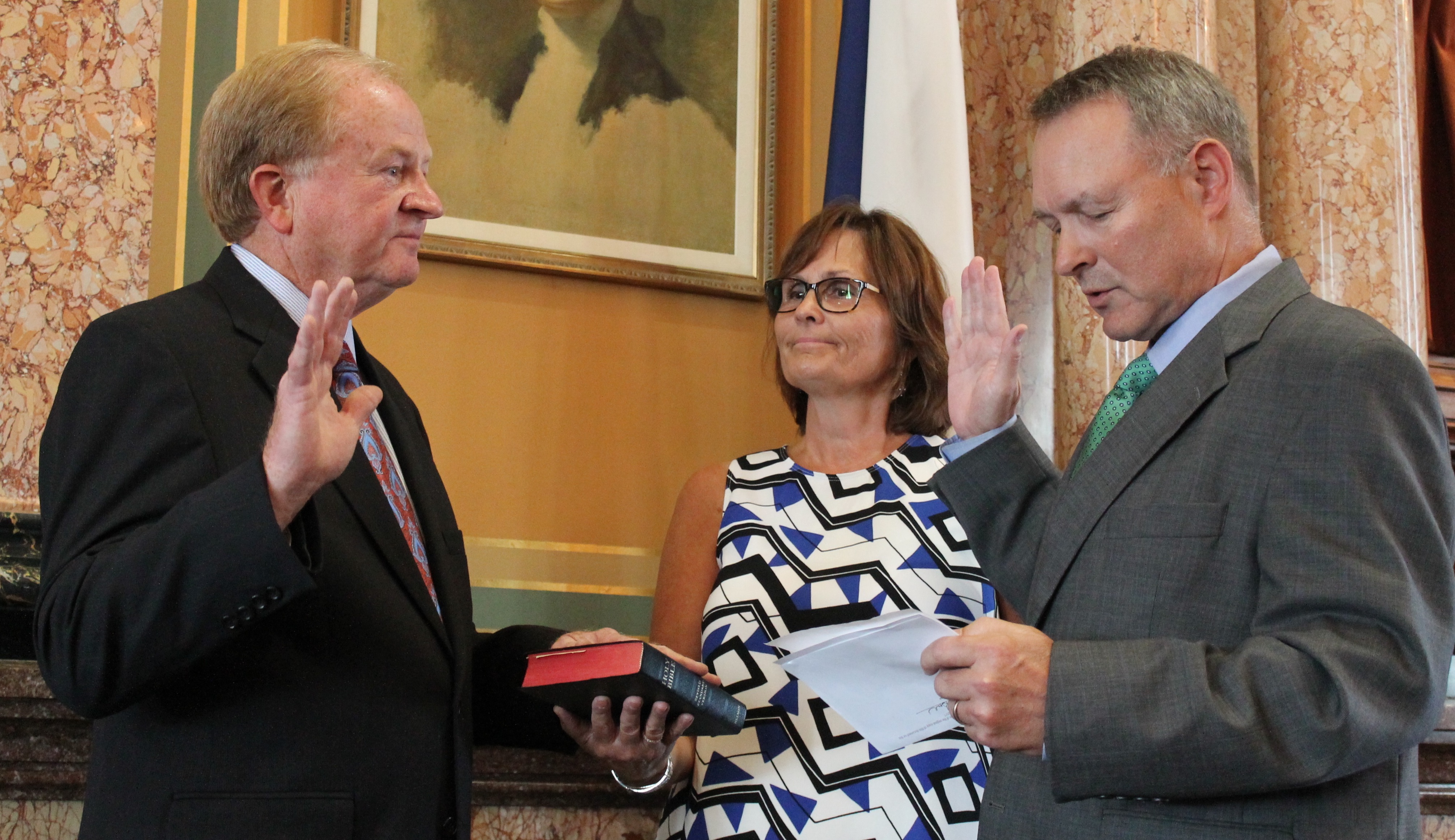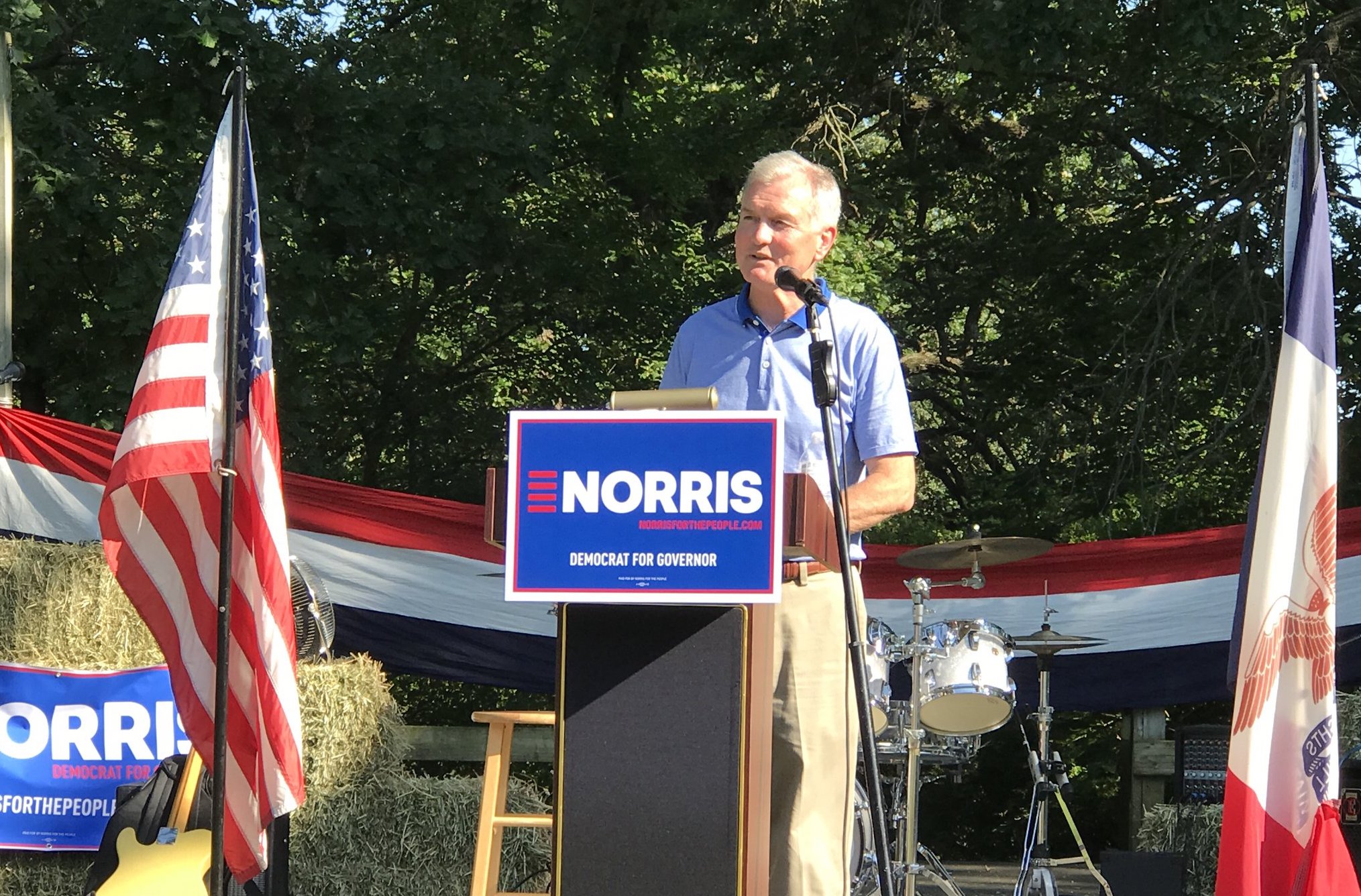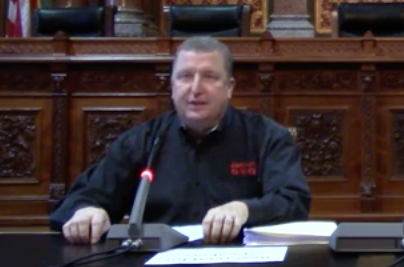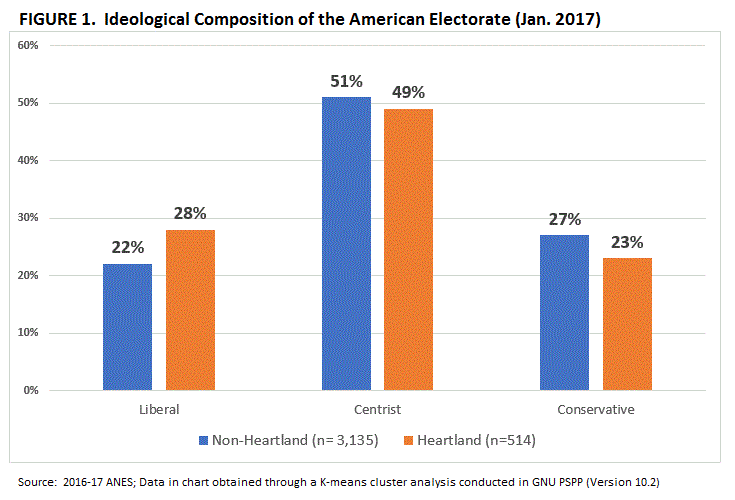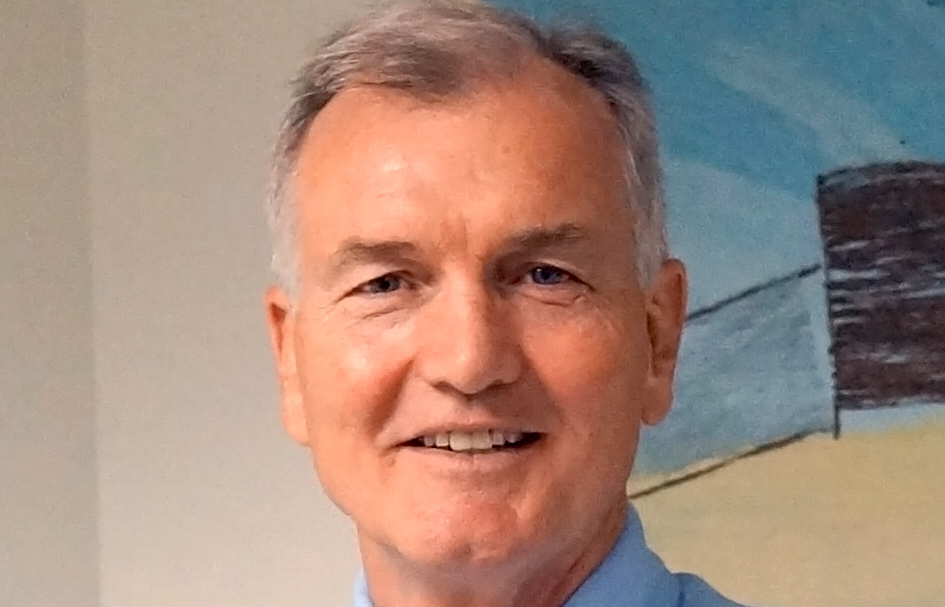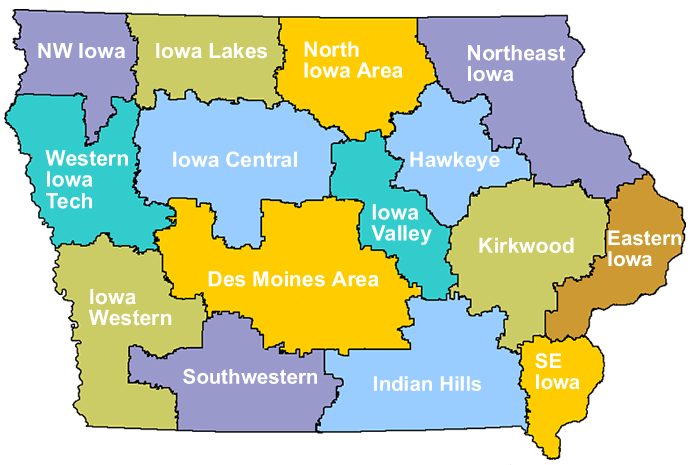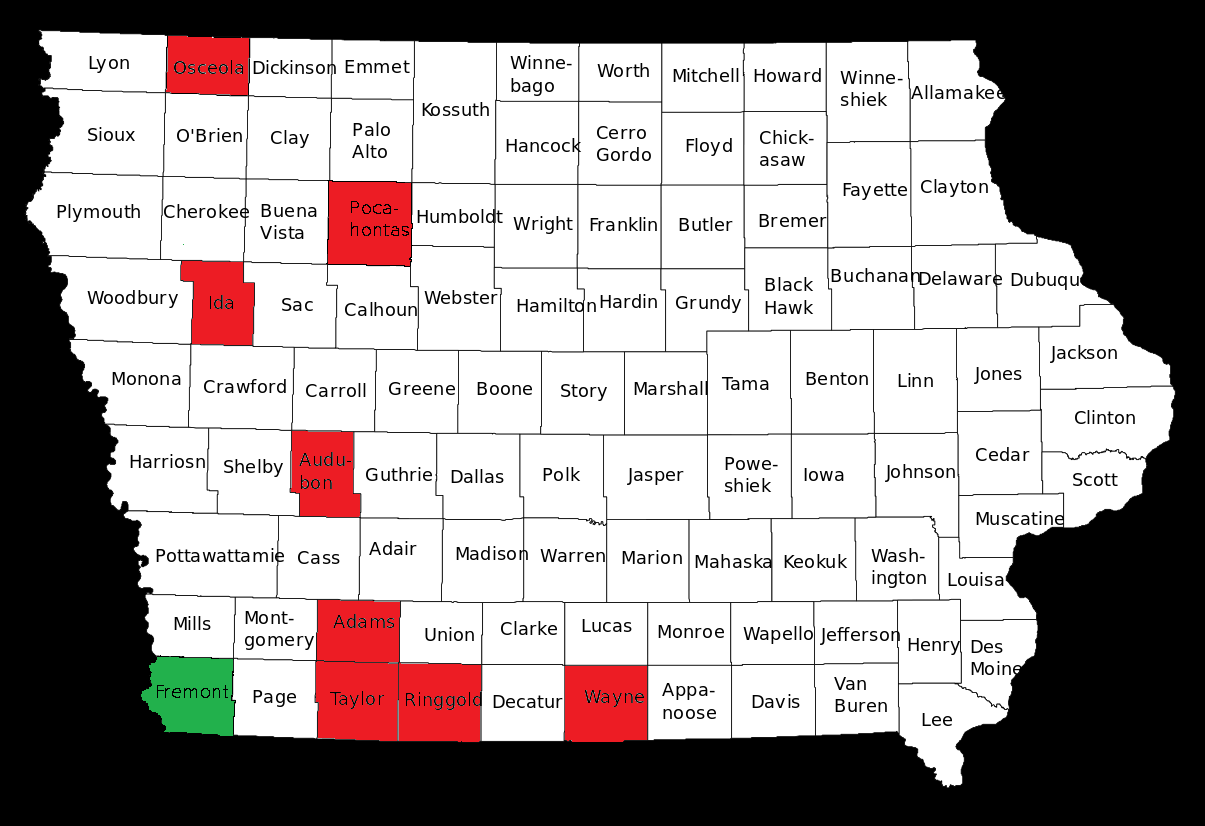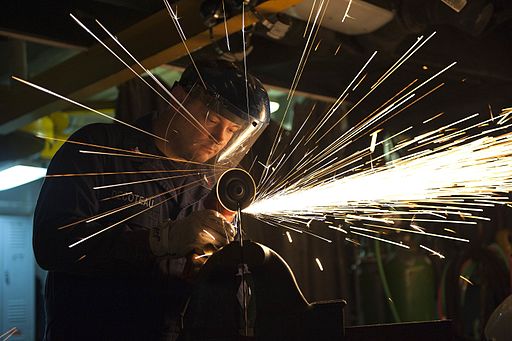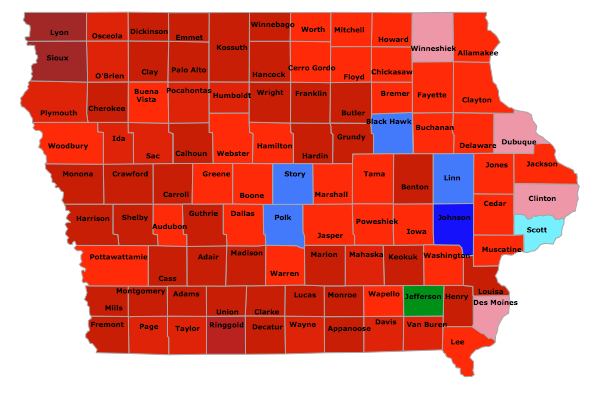Cedar Rapids-based engineer Courtney Rowe may run for Congress against Representative Rod Blum in Iowa’s first district, she confirmed to Bleeding Heartland today. Rowe has been an active Democrat locally and was a Bernie Sanders delegate to last year’s Linn County, first district, and state conventions, as well as an alternate to the Democratic National Convention. She has volunteered her time on church missions, as a mentor for middle-school students, and as an officer for Parents and Friends of Lesbians and Gays (PFLAG).
Rowe described her background and motivation for considering a Congressional bid in a document I enclose below. She has not yet created an exploratory committee but plans to launch a campaign website sometime next month, both to present some of her policy ideas and to create an interactive format for voters to weigh in on the issues.
The 20 counties in IA-01 contain 166,338 active registered Democrats, 146,164 Republicans, and 191,340 no-party voters, according to the latest figures from the Iowa Secretary of State’s office. The largest-population counties are Linn (the Cedar Rapids metro area), Black Hawk (Waterloo/Cedar Falls metro), and Dubuque, a traditional Democratic stronghold that is also Blum’s home base, where Democrats underperformed badly in 2016.
Blum was considered one of the most vulnerable U.S. House members in the country going into the 2016 election cycle, and many Iowa Democrats believed his narrow victory over Pat Murphy in 2014 had been a fluke. However, the Freedom Caucus member defeated Monica Vernon by a larger margin of 53.7 percent to 46.1 percent. Blum ran about five points ahead of Donald Trump, who carried the IA-01 counties by 48.7 percent to 45.2 percent. That was a massive swing from Barack Obama’s double-digit advantage in this part of Iowa in 2012.
Although I haven’t yet heard of any other Democrats thinking seriously about challenging Blum, I expect a competitive 2018 primary. Any comments about the race are welcome in this thread.
UPDATE: The Democratic Congressional Campaign Committee released its first target list on January 30. IA-01 and IA-03 are among those 33 Republican-held House seats.
Continue Reading...



